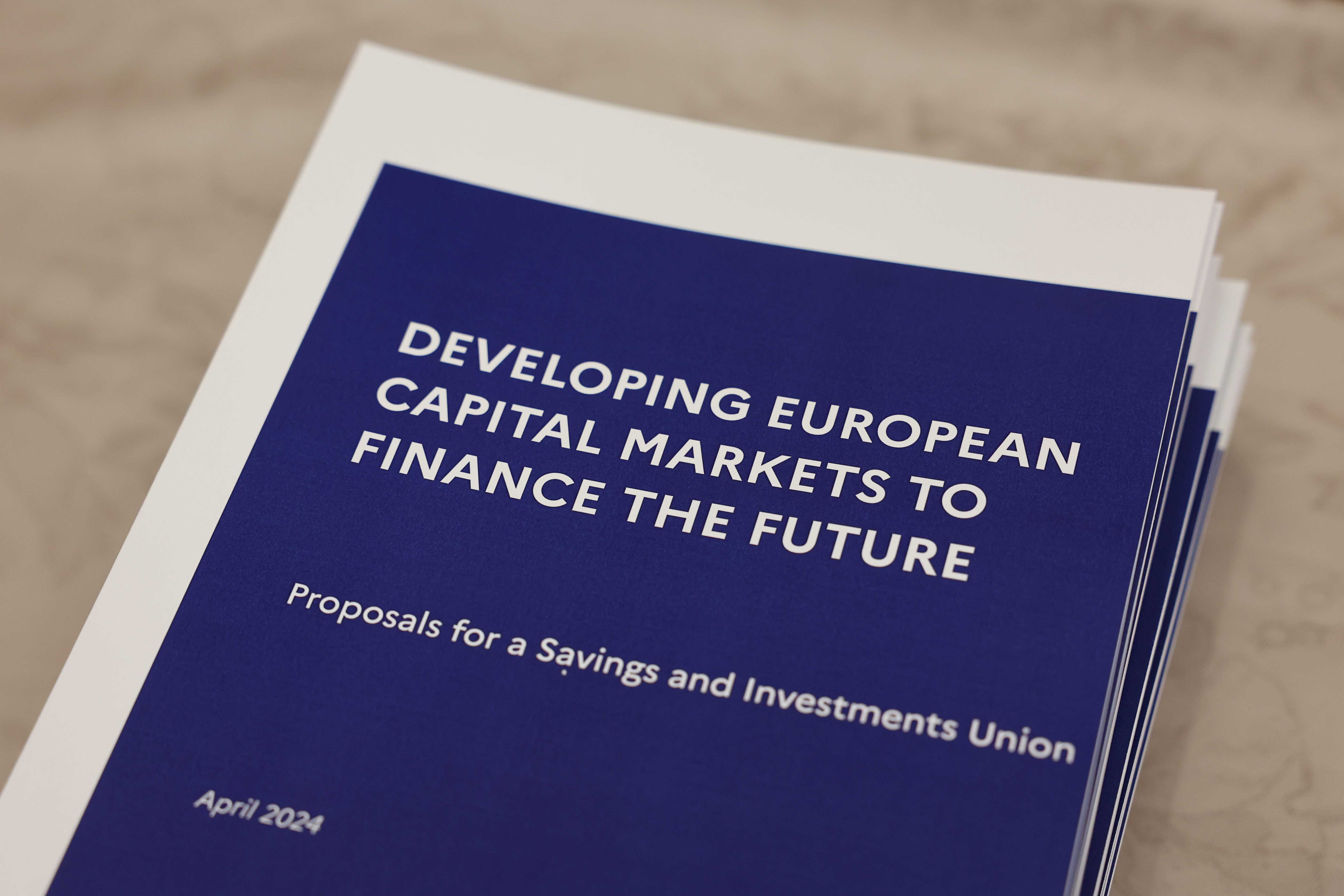Developing european capital markets to finance the future
On January 8, 2024, Minister Bruno Le Maire entrusted a committee of experts chaired by Christian Noyer with the mission of formulating concrete proposals to revitalize the Capital Markets Union (CMU). Bringing together experts from both the private and public sectors, the committee conducted extensive consultations across Europe. The main conclusions of this work are a stark assessment of urgency and four transformative recommendations.
The need to deepen European capital markets has become urgent in the face of the growing need for massive financing. Europe will need to invest massively in areas such as green transition, digital transition and defense to maintain its economic competitiveness. However, neither public budgets nor bank balance sheets will be able to support this large-scale investment effort, underlining the critical importance of developing European capital markets.
The current underdevelopment of capital markets in Europe is attributable to a smaller investor base and structural fragmentation. To close this gap with other major economies, a new approach is essential. Against this backdrop, the committee proposes four key recommendations.
- Firstly, it is recommended that long-term European savings products be developed to increase flows into European capital markets. This measure aims to mobilize the abundant savings of European households to finance the economy, while offering attractive tax incentives to encourage long-term investment.
- Secondly, the committee proposes to relaunch the securitization market to strengthen the lending capacity of European banks and create deeper capital markets. This objective implies a quick correction of the regulatory and prudential framework to unlock the growth potential of the securitization market in Europe. It also mandates an ambitious reflection on the added value of a European securitisation platform, which could be a powerful tool to deepen EU capital markets.
- Thirdly, integrated supervision of capital market activities is recommended to build a true European single market and guarantee financial stability. This implies reforming the governance of the European Securities and Markets Authority (ESMA) and extend its supervisory powers, on a mandatory basis for the most cross border and systemic market infrastructures and on a voluntary basis for asset managers and their funds.
- Finally, the committee proposes to consider measures to reduce the fragmentation of settlement of financial transactions in Europe. This includes efforts to converge securities law across the EU, and reforms to the European technical platform for settlement (T2S) to improve its efficiency and integration.
